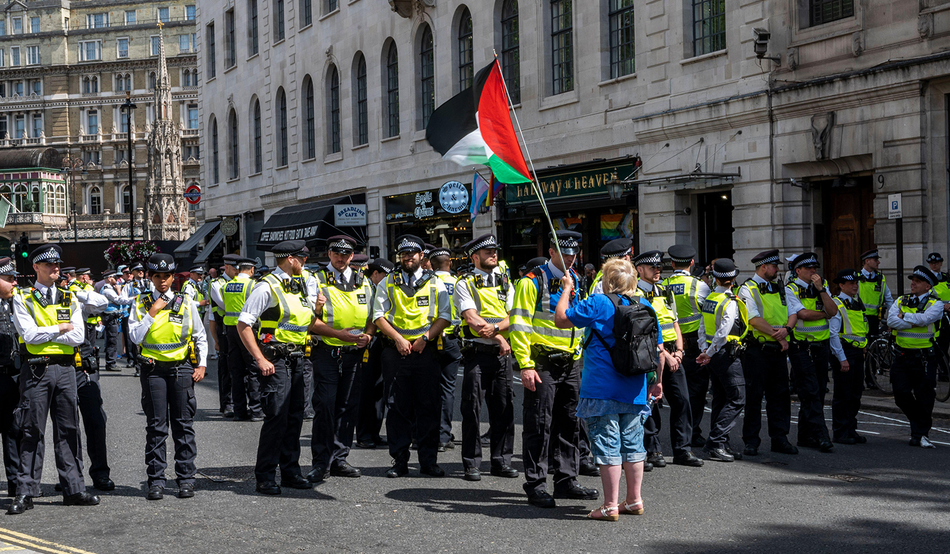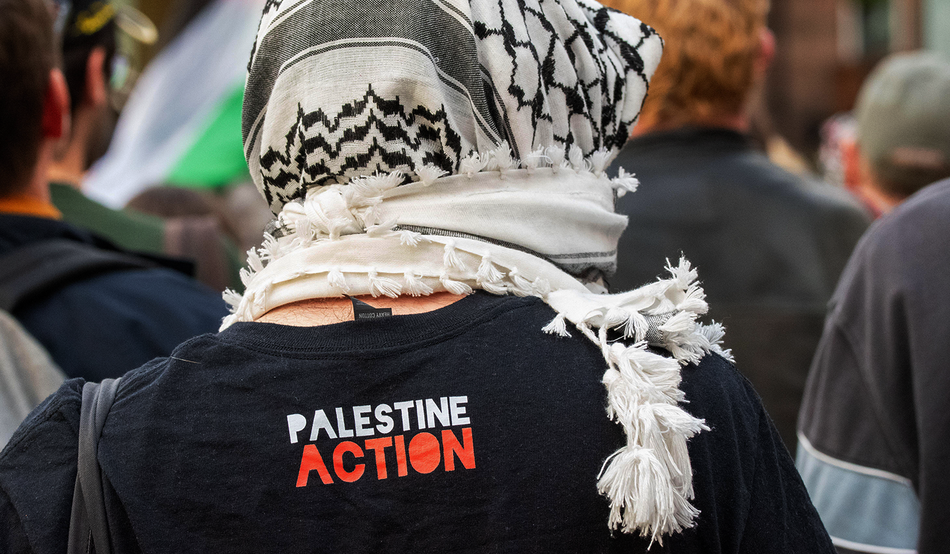Terrorism law sits alongside the general law of the land. It provides special rights and privileges for the government in addition to what it can do under normal criminal and civil law.
In the 1970s it was recognised that this distinctive but powerful body of law had to be used carefully and sparingly. Prevention of Terrorism legislation was renewed regularly, and it was expressly stated to be temporary.
But in 2000 terrorism law was placed on a permanent basis with a special act of parliament. This act was then followed by many other terrorism acts, setting out what the state could do in addition to the general criminal and civil law.
There have since been a further ten statutes with terrorism in the main title, and over a hundred statutory instruments. This distinct area of law has grown like topsy since 2000 and so, law by law, a complex structure has been built within the polity of the United Kingdom: a security state within a state.
Yet sometimes this area of law can overreach and be used for purposes for which it is not well suited, thereby risking terrorism law becoming discredited. The proscription of the direct-action group Palestine Action is perhaps a glaring example of the misuse of terrorism law.
This proscription has in a few months since it was introduced in July led to over a thousand reported arrests. Most of these arrests appear to be not of those organising or providing money or practical support to Palestine Action, but of those expressing an opinion or wearing t-shirts in support of the group.
The organisers of the group and of its direct action are already being dealt with primarily by the general criminal law, with a dozen or so charged and awaiting trial. The new mass arrests, however, appear to have placed the police in an awkward situation of not knowing what to do next, with individuals facing legal limbo and prolonged bail. It is a mess.
The New York Times has now published a document which sets out the government’s basis for the proscription. This is the “open” version of the MI5 assessment that has been placed before the courts in litigation challenging the proscription. The judges would also see a “closed” version with material not to be placed in the public domain.
One hopes the “closed” version is a far more impressive document than the one published, which is a flimsy and unconvincing piece of work. The assessment even admits—twice—that most of the activity of Palestine Action cannot be called terrorism.
The document overall reads as if it has been compiled backwards, intending to justify a conclusion that needed to be reached. If so, it will not be the first intelligence document to have been created in such a way.
The assessment relies on the group having caused “serious” property damage, which is the relevant statutory test. The problem here is that the spraying of paint and graffiti by the group does not meet the threshold of seriousness.
The document also relies on “open source” estimates of the cost of damage which, if one looks at the cited sources, trace back to a claim which the police themselves put to arrested protesters in interview. As such there is a certain circularity: the state is relying on the state claiming the damage is serious.
Again, one would hope the “closed” version of this document is more robust and detailed, for it is difficult to see how proscription can be justified by the published assessment. One judge who has had access to “closed” material gave permission for the group to challenge the proportionality of the ban. This indicates that the “closed” version of this assessment may not be that impressive either.
The wider problem of proscription is that, because of the widening of the “support” offence in 2019, all those expressing an opinion or belief that is supportive of a proscribed organisation are criminalised too. That support may be for the direct action which the MI5 assessment admits is not “serious” enough to be classed as terrorism but which is the vast majority of the activity of a direct-action group.
But because two or three incidents can, if strained, be considered as having caused “serious” damage, everything else about the group and all those expressing support for the group can be arrested and prosecuted. The bestselling Irish author Sally Rooney has said that she cannot even attend a book award event in the UK because she faces arrest. She is right to have this fear.
There is a public interest in there being terrorism law, but there is also a public interest in it being used properly and credibly. The government’s rushed proscription of Palestine Action risks rendering this important area of law as absurd.
And there is a chance that a court may even hold the proscription to be illegal, as being a disproportionate interference with the free expression rights of a direct-action group and those who express opinions in its support. The government’s lawyers are currently throwing everything they can to prevent this question being decided by a court, which indicates a lack of confidence in the “closed” assessment, as these documents are usually just nodded through by deferent judges.
If the government loses the judicial review, it will not only be the mass arrests that look messy. But the government will only have itself to blame, for this is really not what terrorism law is there to do.
















